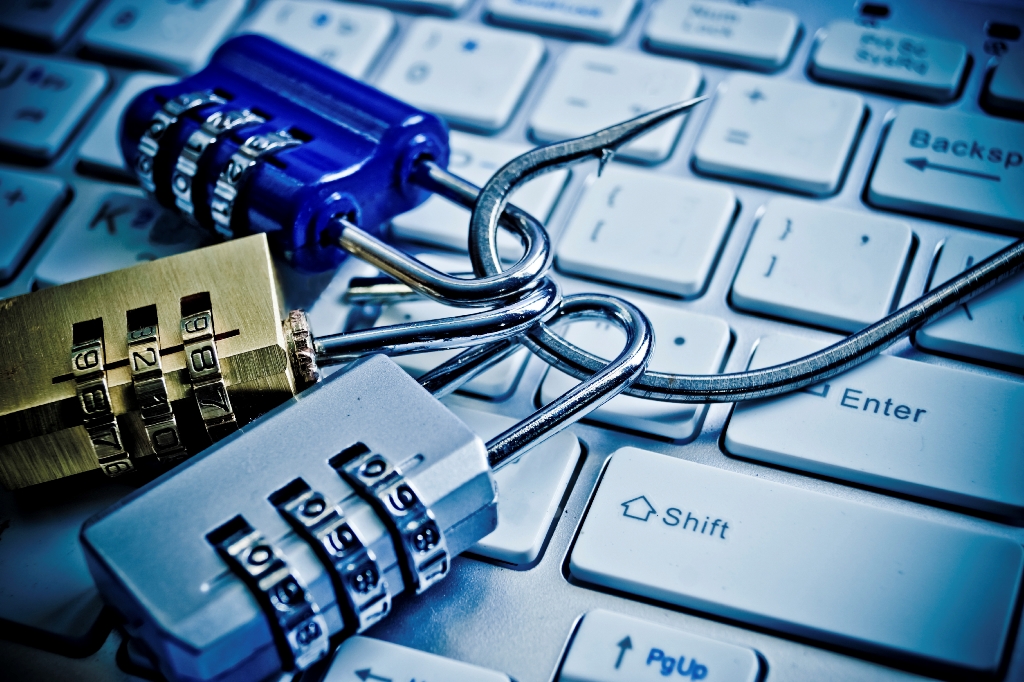Six Ways to Protect Your Personal Information

iStock
BearAware program at Baylor urges vigilance to be cyber secure
Media Contact: Lori Fogleman, 254-710-6275
Follow Lori on Twitter at @LoriBaylorU
Follow Baylor Media Communications on Twitter: @BaylorUMedia
WACO, Texas (Oct. 29, 2015) – While no single measure to keep your information secure is foolproof, using a combination of several different strategies, in addition to keeping yourself aware of current threats, is the best formula for keeping your data as safe as possible, said Pattie Orr, vice president for information technology at Baylor University and dean of University Libraries.
October marks National Cyber Security Awareness Month, but staying vigilant every day is vital when it comes to being safe online.
“Over the course of the past year, not a week has gone by without news agencies reporting some sort of data breach,” said Jon Allen, assistant vice president and chief information security officer at Baylor. “In the aftermath, we have seen that many of these incidents were not caused by technical flaws but rather by users making mistakes.”
Being cyber aware – or BearAware on the Baylor campus – is actually pretty simple. Experts suggest that using the following suggestions in combination will go a long way in protecting personal information and important digital files.
1. Use Secure Passcodes: Whether it is a passcode to your device, email, social media platform or bank account, keep it secure by making it at least 8 characters in length (12 or more is preferred), using a combination of characters (numbers, upper and lowercase letters and symbols) and avoiding using common words (names, places, dictionary words).
2. Lock Your Devices: Secure your laptop, desktop, tablet or smartphone with a passcode to prohibit access to your information.
3. Use Up-To-Date Antivirus Software: Antivirus/anti-malware software routinely scans your device for indications of known computer viruses and malware. While these programs cannot prevent everything from affecting your computer, installing a reliable antivirus software package and keeping its definitions up-to-date can save you from potential headaches that come with being infected.
4. Beware of Free, Public Wi-Fi: What sounds like a dream could actually be a nightmare. Other people connected to a Wi-Fi access point may be able to access the information on your device. To be safe, be certain you know and trust the Wi-Fi network you are using.
5. Do Not Provide Sensitive Information Online: There are only a handful of companies or institutions that require your Social Security number, bank account information, policy numbers for insurance accounts or your credit card information. If you can avoid entering this and other sensitive information online, it is in your best interest. If you must, make certain your online session is encrypted (https://) and that you are actually on the website of the entity to whom you plan to provide the information.
6. Back Up Important Files: Hard drives crash, USB keys stop working and DVDs deteriorate over time. Back up your most important files in secure cloud storage. If you back your files up to an external drive, be sure to check the operation of the drive regularly.
National Cyber Security Awareness Month (NCSAM) – celebrated every October – was created as a collaborative effort between government and industry to ensure every American has the resources they need to stay safer and more secure online. BearAware is the Baylor University’s cyber security awareness initiative that keeps the Baylor community informed about the latest cyber security threats so that both personal and university information resources remain secure.
ABOUT BAYLOR UNIVERSITY
Baylor University is a private Christian University and a nationally ranked research institution, characterized as having “high research activity” by the Carnegie Foundation for the Advancement of Teaching. The University provides a vibrant campus community for approximately 16,000 students by blending interdisciplinary research with an international reputation for educational excellence and a faculty commitment to teaching and scholarship. Chartered in 1845 by the Republic of Texas through the efforts of Baptist pioneers, Baylor is the oldest continually operating University in Texas. Located in Waco, Baylor welcomes students from all 50 states and more than 80 countries to study a broad range of degrees among its 12 nationally recognized academic divisions. Baylor sponsors 19 varsity athletic teams and is a founding member of the Big 12 Conference.